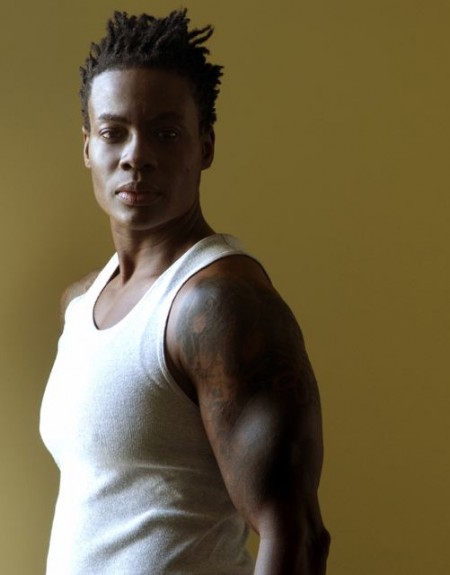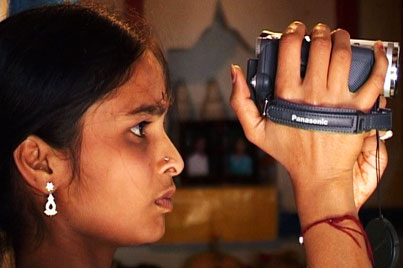When I woke up to International Women's Day celebrations today, the first thing on my mind wasn't politics, but the personal connections I didn't know I would forfeit the minute I stopped wearing skirts, traded in my long hair for a frohawk, and fell in love with a woman. In…
Afrofeminism - Blog - Gender and LGBT Issues - LGBT Africa - My Work - The Political, Personalized - Writing and Guest Blogging

